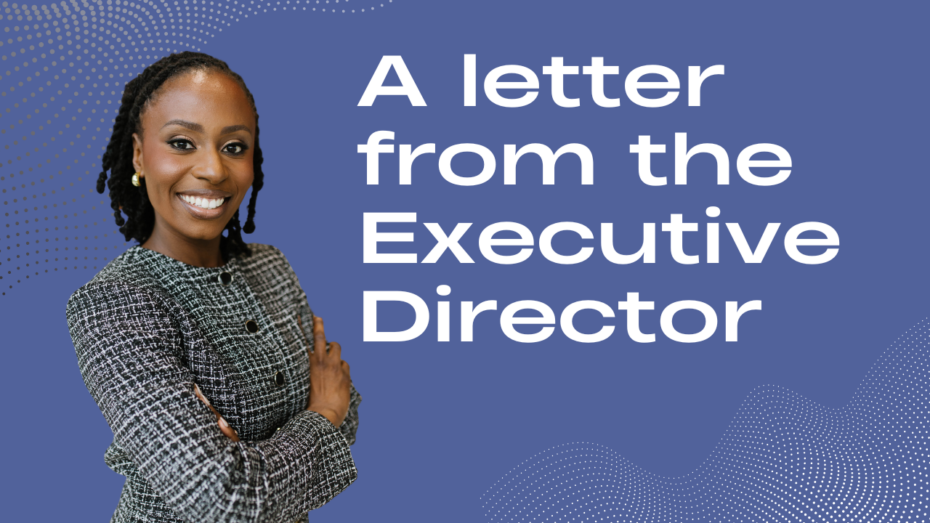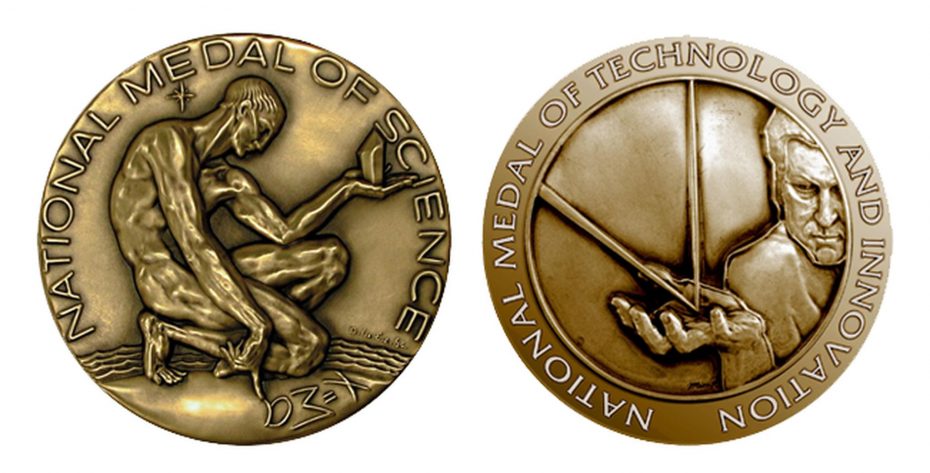Transcript:
What are your passion projects?
One of the passion projects since I have come here to Trinity College is how the college interfaces and interacts with the city of Hartford and the state of Connecticut. So coming here to Trinity College provided an opportunity that I realized I had not had in most of the educational institutions of which I’d been a part. And that is to be linked and connected to the neighborhood and to the city in a very unique or distinct manner.
I’ve been at other institutions that are great institutions, provide great educations, but that education and interaction between the city and Trinity College, I think, is almost unparalleled. And it’s because Trinity College is in Hartford, Connecticut, and it is a small capital city. It’s not a mega city in which one institution makes absolutely no difference. It’s a medium-size city. It’s a capital city. It is the seat of the state government, and you can interact with the city in a different way because of that.
And so my passion projects, some of them since I have been here, have been how to connect Trinity College better with the central business district and what is happening there. How to connect Trinity College better with its neighbors. We are two blocks away from very large hospitals; Hartford Hospital and Children’s Hospital. How do we interact with those institutions to make our neighborhood better?
So one of my passion projects is having to do with Trinity’s tentacles out in the city and bringing more city of Hartford residents here onto our campus because that’s something really quite distinct about Trinity College.



